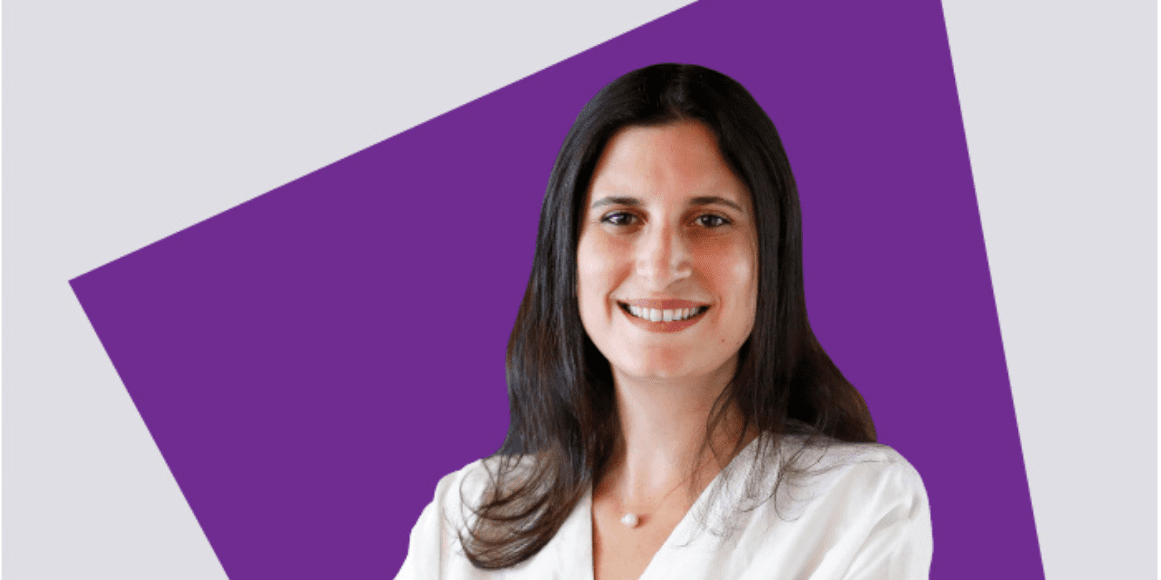To truly thrive, companies must get ready for a people-shaped future. This means letting go of conformity and prescribed behaviours, says PHD’s general manager, Karen Doumet
The world around us is evolving faster than ever before. In the marketing and communications sector, you could even say we’re hooked on change, forever revisiting structures, practices, operating models and systems. Despite the wealth of information, clear signals become harder to distinguish. While we’re conscious that the solutions of the past might not work as well in the future, do we have what we need to navigate this change? Are our principles enough to steady the flow of future development while everything around us is spinning.
Unbridled thinking
Continuous learning and training, entertainment, call it what you will, have always been fundamental to our progress. Growing up, many of us were immersed in literature and philosophy, algebra, sciences, current affairs, and the list goes on. The depth of subject matter taught us lessons from the past that help us understand the present and imagine the future. Even our entertainment, as teenagers in the 90s, was, one can argue, different from today’s pastimes. We debated books, read poetry and, even if terribly, acted Shakespeare’s Hamlet. But, oddly, as we grew and advanced, we became inundated with data and information overload with 15-second reels, video clips and bite-size content. We are in a world where one might believe we have enough knowledge on any given topic just from reading a headline. We may have breadth of information, but do we have depth?
Part of the heavy lifting has been given to machines, algorithms and AI that have come to assist in our computing abilities. But have we pushed so far into automation that we have forgotten the key assets of organisations – our people and our instincts? It is time to Shift.
The difference is the people
In our latest thought-leadership, Shift | A Marketing Rethink, we describe the three main principles for a people-shaped future: know thyself, find one’s purpose, and cultivate new habits. To apply these principles, we should start by creating space to move away from prescribing behaviour to nurturing individualism. This should be built within an organisation’s culture and its broader development frameworks, thus shifting away from conformity to freedom to create, innovate and operate at one’s utmost potential. Most importantly is shifting our mindset. Dr .Carol Dweck, in her book Mindset, emphasises that having a growth mindset is critical to keeping up with change, as it is primarily based on the belief that people should never stop learning and ‘failure’ is only a means for further growth and development.
One can see how these principles could be applied throughout the hiring process as an example, which in many cases is still reliant excessively on credentials and past performance. Organisations should look at the talent of the future, garnering a generation of inspired, purpose-driven, adaptable and curious people. Historical credentials are binary and do not represent true potential.
While ‘transformation’ has been a topic for a few years, it is still nascent in most communities and organisations. What we have seen so far is a tectonic shift of roles and responsibilities, increased focus on tech and automation know-how and expertise in data science and data analytics. This is all part of the evolutionary journey, but it is still a victim of conformity. I recently re-read Paulo Freire’s Pedagogy of the Oppressed. While controversial, many of its concepts inspire a debate around the principles behind transformation. Conformity, prescribed behaviour and guidelines are all a form of security but can also be restrictive. Shifting away from what we know is a risk. However, we need to embrace this risk to truly transform. In this journey, there is a multitude of principles to navigate the complexity of shifting to the future. No matter how much we rely on automation, talent will remain an organisation’s most crucial asset, as well as a critical differentiator.
The world is heading to a place where institutionalisation is slowly fading. We are seeing a rise in decentralisation across organisational structures and operating models. Evolution can be scary but is ultimately a product of our imagination. Technology and data define the future, but people and talent are how we will navigate the complexities of this journey. We should reinvest our time and effort in our talent and unify our purpose while fostering a culture of openness and divergent views. Focus on the broader framework, adopt a growth mindset and cultivate new habits. These are some of the evergreen principles that are pivotal in helping us shift to the future.
Article first published by Campaign Middle East



